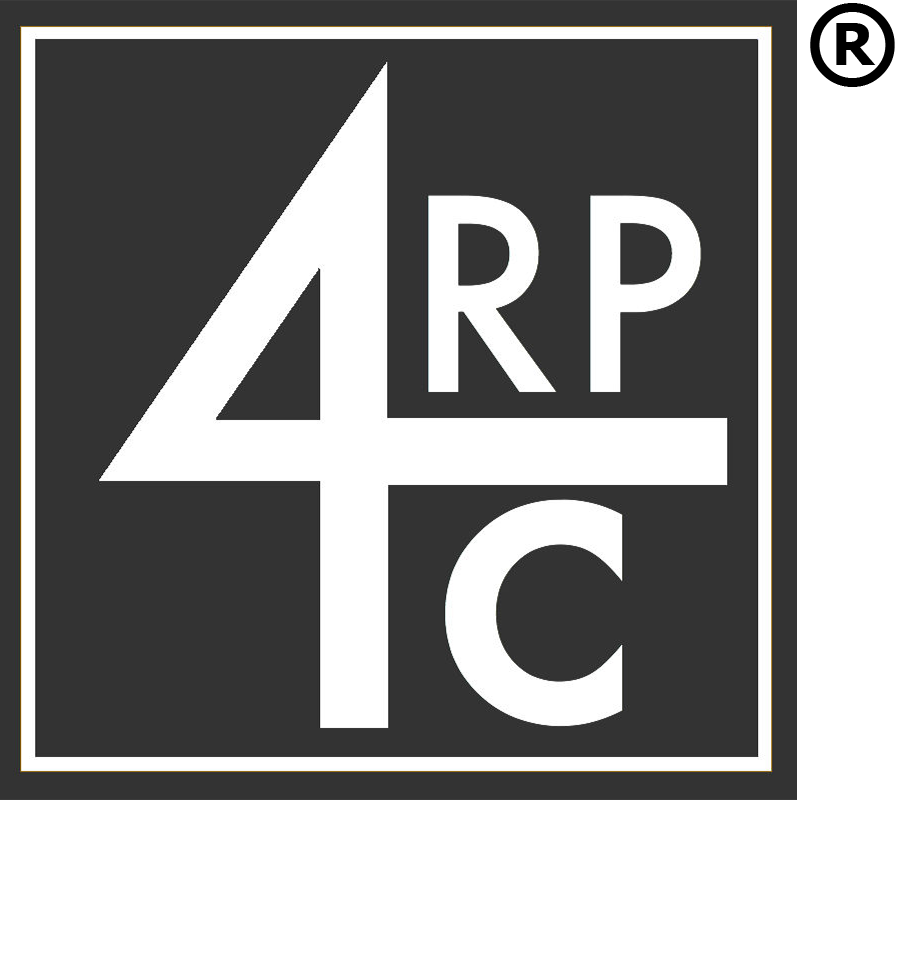The Culture Narrative
So often in career coaching or in recruiting, I’m addressing the culture of a workplace. The culture narrative has become as critical to a candidate’s selection of an opportunity as the job offer itself. Which means this topic is important to both individuals on either side of the table during an interview.
Today we’ll address this CULTURE NARRATIVE from:
The candidate or potential employee
To NOT ask about the culture of the company for which you are interviewing for a position, and then taking the job, is the equivalent of driving a car without one lesson. You might think you know how to drive because you’ve seen it done or modeled, but you really don’t know because you haven’t had any experience. In a similar way, you don’t have the knowledge and experience of working at this company, and you won’t, until you start. But there are questions you can ask in the interview process to help you gain that knowledge.
I often coach my candidates to find the moments in which the timing is right for questions from them. The last thing you want to do is come across as the interviewer during your own interview. So wait until they open it up for questions or maybe there will be a natural opening to ask the following:
“How would you personally describe the culture of the office (or studio)?”
Why this question?
By asking the interviewer to give you a personal perspective, they will naturally OPEN UP because it’s from their vantage point. You may still get a bit of a rote answer, which is why you want to follow-up with this question:
“Has the current culture evolved from how it was when you started with the firm?”
Hmm… now they are having to think of how things were when they started vs. now. Look for the following cues: shift in position, sideways glance, or hand motions to indicate there has been a change. This can be a good thing and it can mean the opposite, so listen carefully. Non-verbal language will tell you so much during your interview. Pay attention to these moments to help you with understanding their answer.
Depending on how they answered that question, you may want to have them expand on some points, but tuck the information away to think through. A company culture that was off-track and is now running smoothly can be a great sign that the firm knows how to adapt to change. Conversely, a culture that was bad and is now being sold as good might give you pause to ascertain if it really has changed. This next question will help you know further.
“What is the onboarding process for a new hire and how does this incorporate into the culture?”
Having them speak to an onboarding process for their new employees will show you they have thought through this detail to incorporate you into their company culture. If they don’t have an onboarding process, that should be a bit of a red flag for you. Introducing new employees to the company and its culture doesn’t have to be elaborate for it to be done well, but if they have no process, well then you have your answer.
There are additional ways for you to research about the company culture through their website, media articles, colleagues who work there, etc. But I HIGHLY recommend asking these questions, or variations of them, during your interview process.

